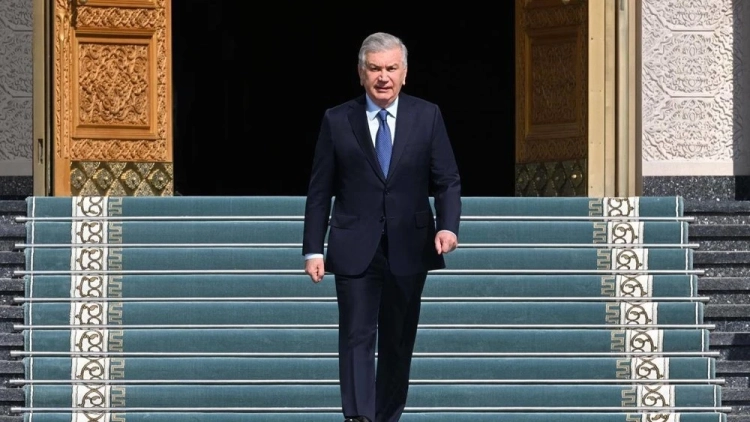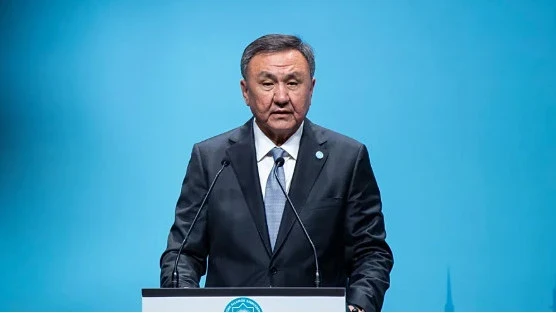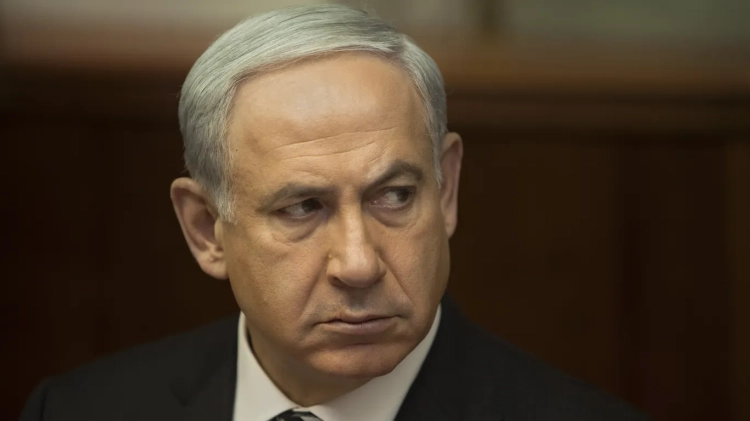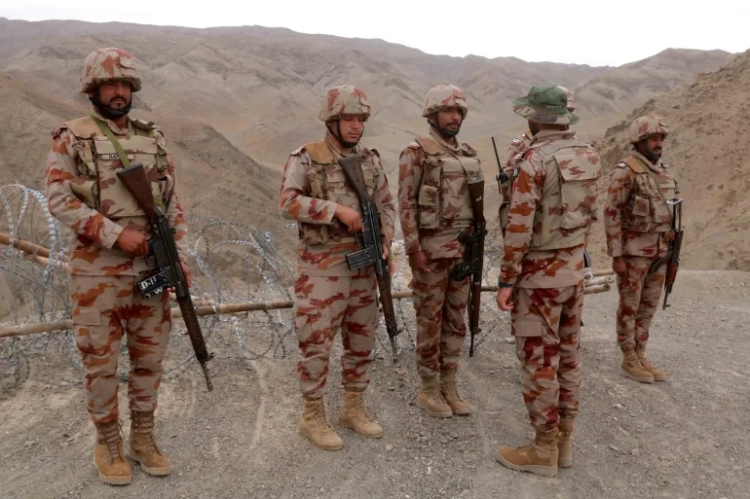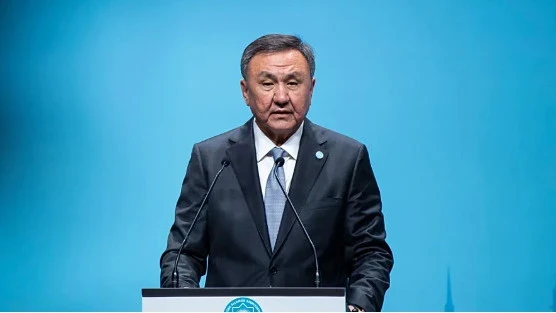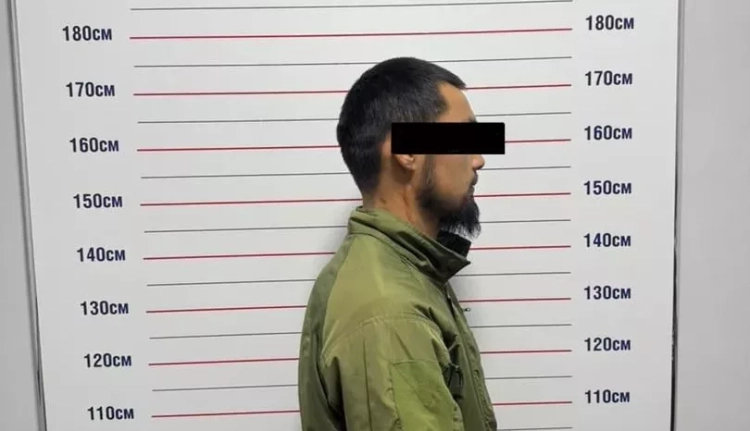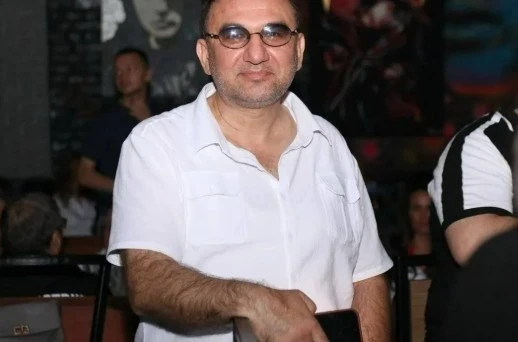
A criminal case has been initiated against blogger Aziz Hakimov, known by the pseudonym Comrade Aziz, in Uzbekistan. He is accused of "war propaganda" and "inciting national, racial, or religious hatred." This situation has attracted the attention of international media, including Turkish publications. This is reported by dknews.kz.
The Turkish publication Samanyolu Haber released an article titled "Rusya ve Özbekistan arasında gazeteci gerilimi," which translates to "Journalistic tension between Russia and Uzbekistan."
The article mentions that the charges against Hakimov and his detention are viewed in the context of the broader dynamics of relations between Uzbekistan and Russia. The blogger is accused of "war propaganda" ("savaş propagandası yapmak") and "inciting hatred" ("nef¬reti kışkırtmakla") for publishing materials on historical and political topics. The author of the article emphasizes that, as a strategic partner of Russia, Uzbekistan is in a situation where such incidents can affect bilateral relations: "Rusya ve Özbekistan arasındaki ilişkiler … stratejik ortaklık … ticaret, endüstriyel, bilimsel, eğitim ve kültürel bağlara kadar geniş bir alanı kapsıyor."
Turkish media emphasize that the case of the blogger is not just a simple media incident, but a signal that could affect migration processes, investments, and the economic stability of Uzbekistan if perceived as a deterioration of the legal environment.
Thus, the attention given to this case in Turkish media indicates that the situation with Hakimov has international significance, especially in the context of Tashkent's relations with Moscow.
Why This Matters
International Resonance
Publications in Turkish media indicate that this story has attracted attention beyond Uzbekistan, which may complicate the internal regulation of the situation.
Bilateral Relations Between Uzbekistan and Russia
The article notes that Uzbekistan and Russia have a strategic partnership in various fields, and the perception of Hakimov's case as an element of tension may influence diplomatic and economic ties between the countries.
Investment Climate
According to Turkish experts, criminal cases against bloggers and journalists can signal potential risks to foreign investors, affecting the perception of the legal system in Uzbekistan.
Reaction from Russia
So far, Russian official bodies have not commented on the situation, reflecting caution regarding this sensitive issue.
Freedom of Expression
According to open sources, Hakimov has been publishing materials on Soviet history and geopolitics, which may have elicited a mixed reaction from the authorities, making this case significant for discussing the boundaries of freedom of speech in the region.
What Remains Uncertain
• The details of the charges have not yet been disclosed.
• Tashkent's official position is limited to brief statements, creating space for speculation and rumors.
• It is unclear whether official comments or actions will be made by Turkey and Russia.
Conclusion
The situation with Aziz Hakimov has transcended the internal affairs of Uzbekistan. Turkish media view it in a broader context, touching on issues from relations with Russia to the state of freedom of speech. This may serve as a signal for Tashkent that even local media events can quickly attract international attention and impact the country's image.







